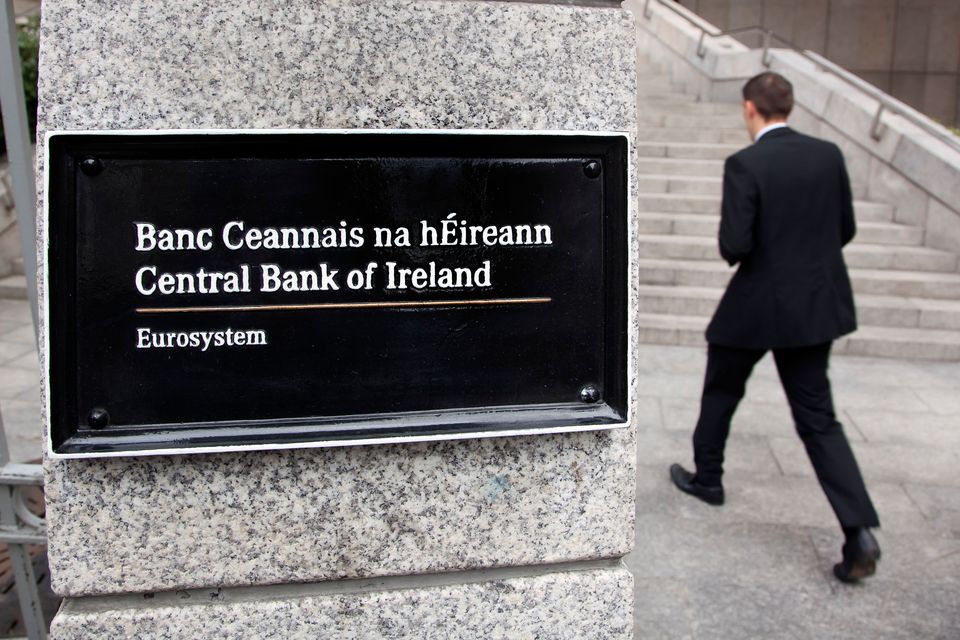A protest has been staged outside Ireland’s Central Bank over its role in approving the sale of Israel Bonds in the European Union.
Dozens of people participated in Monday’s demonstration in Dublin, which called on the Bank to stop authorising the sale of the bonds across EU markets.
Israel chose the Central Bank of Ireland to be the designated authority to approve prospectuses for the securities in the EU, having used the UK before Brexit.
Israel chose the Central Bank of Ireland as the designated authority to approve prospectuses for the securities in the EU after Brexit (imageBROKER.com GmbH & Co. KG/Alamy/PA)
Israel Bonds are advertised as supporting the country’s economy. Holders of the securities are promised that the principal and interest will be repaid after the bond matures.
In recent times, websites promoting the bonds emphasise their role in supporting Israel during the war.
The Ireland Palestine Solidarity Campaign (IPSC), which organised the protest, accused the Central Bank of enabling a genocide in the Gaza Strip by authorising the sale of the bonds.
It said money raised through the bonds is funding the “instruments of genocide in Gaza”, the Israel Defence Forces and the “apartheid regime in Israel”.
The Central Bank is responsible for assessing whether a prospectus for the offer of securities is in compliance with requirements of the EU Prospectus Regulation.
A spokeswoman for the Central Bank said it is obliged to approve prospectuses that meet those standards, but added that approval is not an endorsement of a security.
“We are required to approve the prospectus under the Prospectus Regulation, where the prospectus documentation meets standards of completeness, consistency and comprehensibility.
“Approval should not be considered as an endorsement of the issuer and the securities that is the subject of the prospectus.
“The Central Bank will adhere to any financial sanctions or restrictive measures that are imposed under law.”
However, the IPSC argues that the Bank has obligations under the Genocide Convention and the EU regulation itself to stop authorising the bonds.
